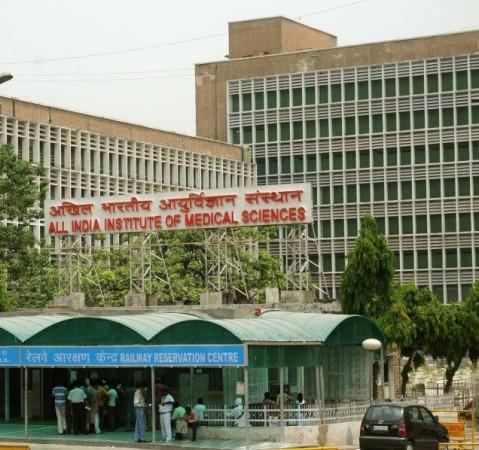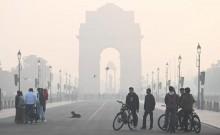Just a while ago Indian citizens and authorities alike were mulling over the question; whether and how can the third wave be prevented? Turns out that ship has long sailed. The latest to add to the confirmations is AIIMS chief Dr Randeep Guleria. He said the third wave is not just inevitable, but it could hit the country in the next six to eight weeks.
"As we have started unlocking, there is again a lack of Covid-appropriate behaviour. We don't seem to have learnt from what happened between the first and the second wave. Again crowds are building up, people are gathering. It will take some time for the number of cases to start rising at the national level. Third wave is inevitable and it could hit the country within the next six to eight weeks, may be a little longer," Dr Guleria told NDTV.

Further placing the ball in people's court, he said it also depends on how we go ahead in terms of Covid-appropriate behaviour and prevent crowds.
Vaccination remains a challenge
There is no denying that one of the main challenges for the nation is vaccinating a huge population. In the absence of adequate vaccine doses to cover a large number of people, he also said that increasing the dose gaps might not be a bad approach. This would provide protection cover to more people, he added.

About the Delta Plus variant
On the dreaded but unknown Delta Plus variant, which has emerged from the Delta variant, he said a new frontier will have to be developed in India's fight against Covid, which includes the need to further study the mutation of the virus.
Secondly, the dip in sale of masks and sanitizers
Dr Guleria's statement comes a few weeks after several other factors have pointed in the direction of the third wave. In the second week of June, the data from the All India Organisation of Chemists and Druggists Association suggested that the country witnessed a dip in mask and sanitizer sales by 30-40 per cent in the last fifteen days. Even before the Covid cases could drop significantly, the sale of Covid-safety gear drops.
Thirdly, the socialising effect
As the lockdown ends and restrictions ease in several parts of the country, so does the take-it-easy attitude. According to a recent survey conducted by LocalCircles, thirty-one percent of citizens plan to visit a restaurant, while 29 per cent plan to visit malls in the next 60 days.
The survey received over 34,000 responses from citizens residing in over 314 districts of India. That's not it. In addition, three-quarters of Indian households expect visitors like domestic help, service providers, while 43 per cent are expecting visits from friends and relatives who do not stay with them in the next 30 days. Ironic but that aligns with the timeline mentioned by Dr Guleria.















